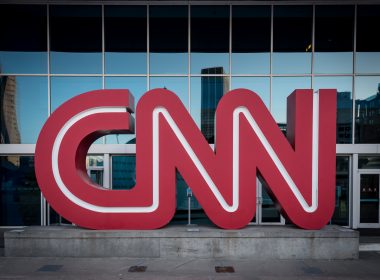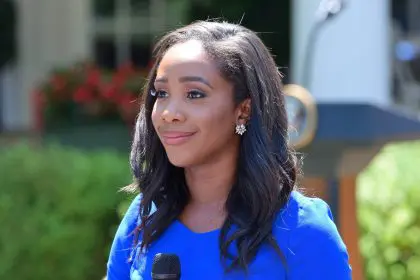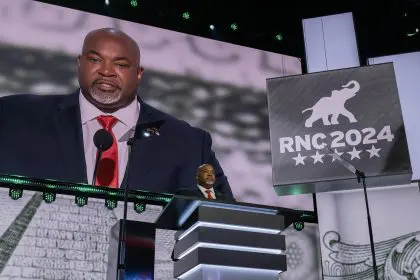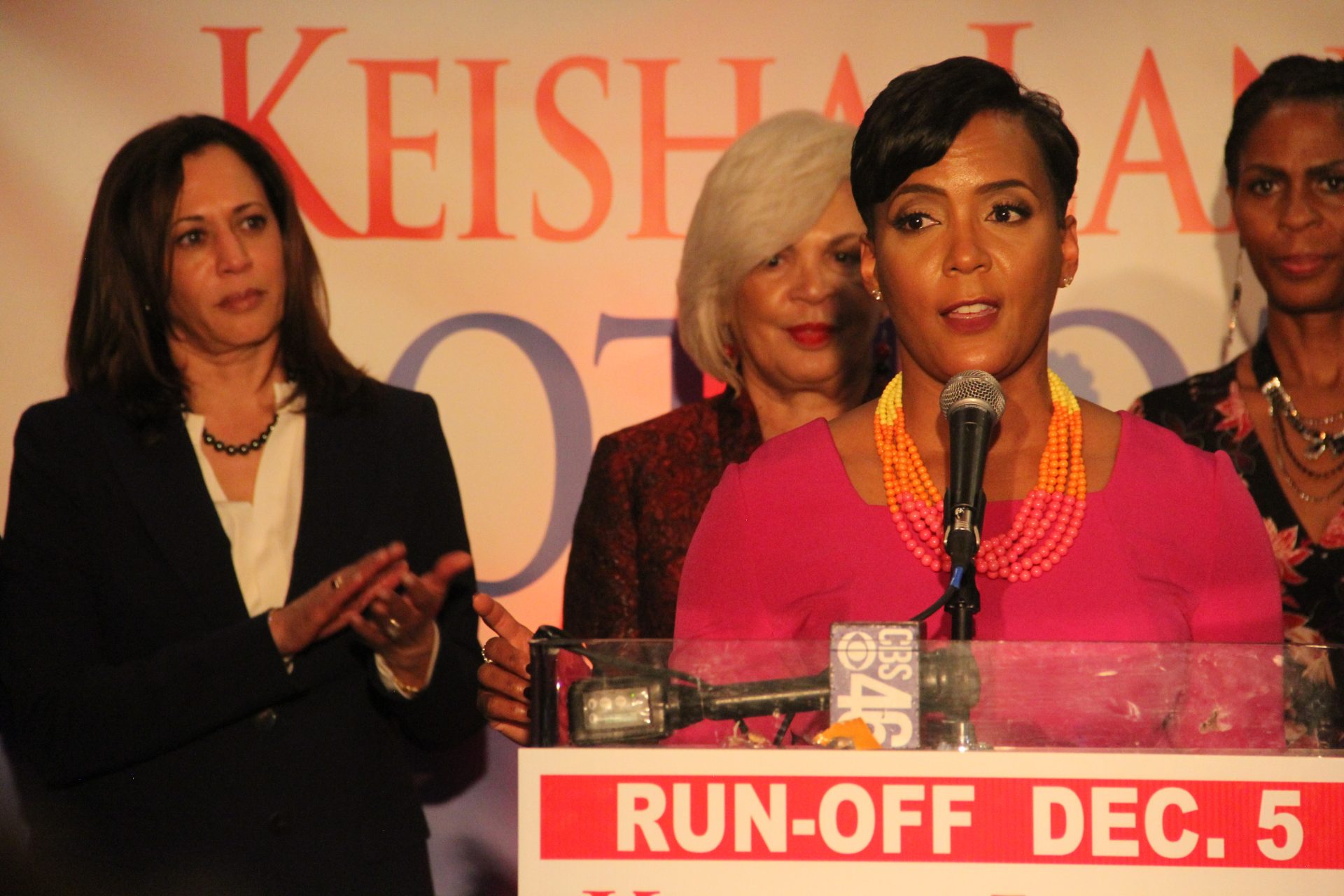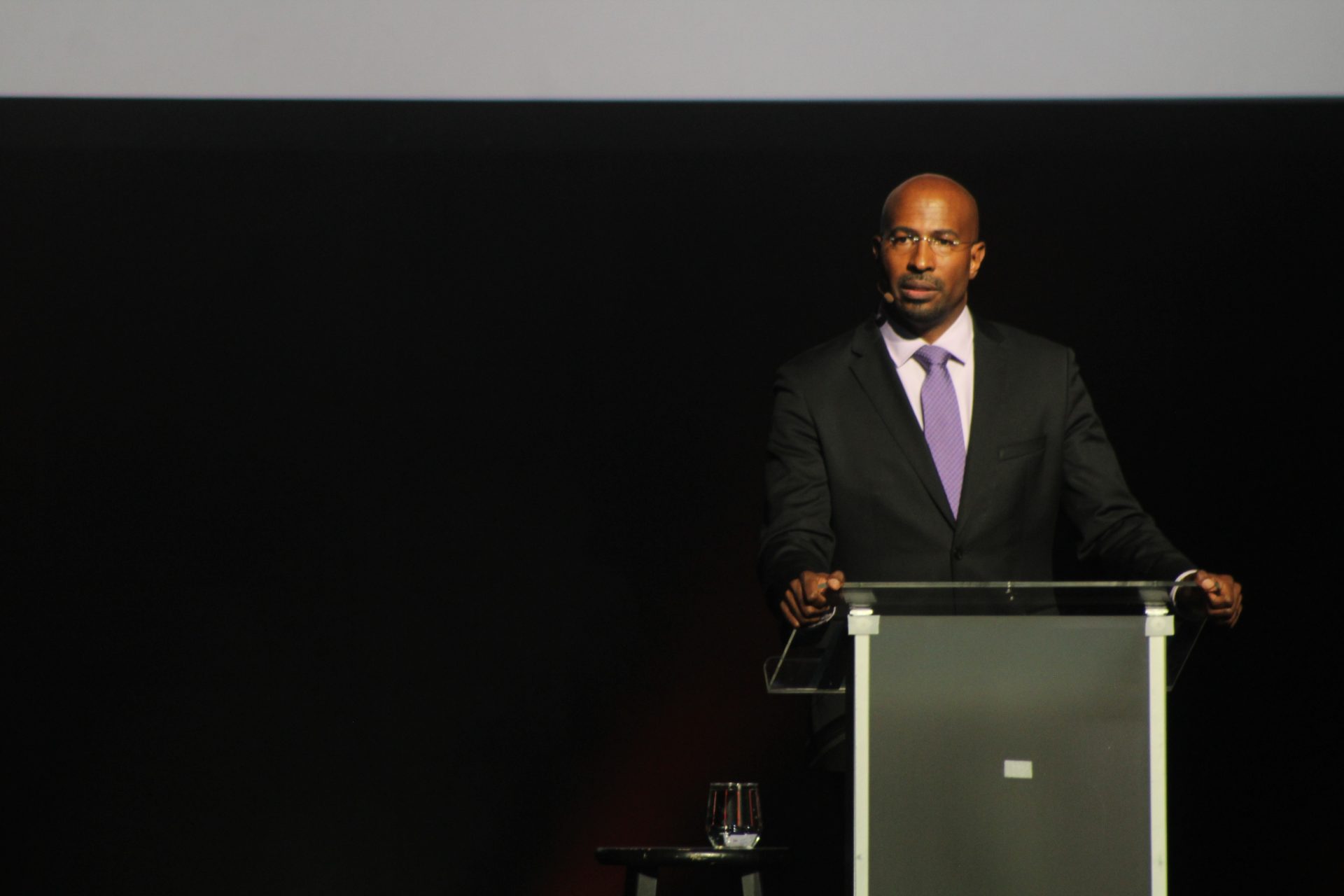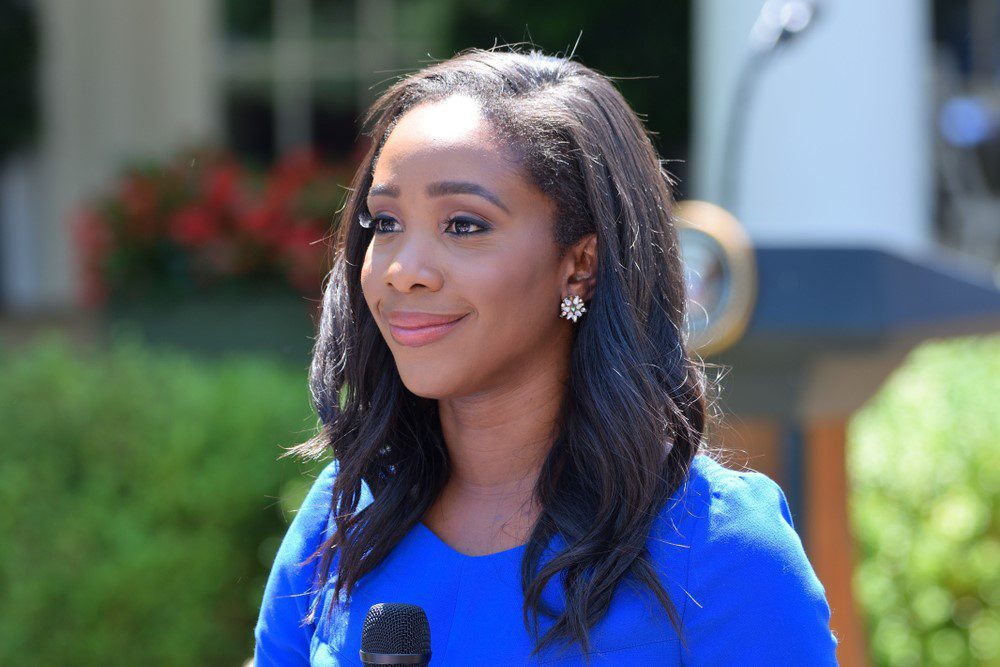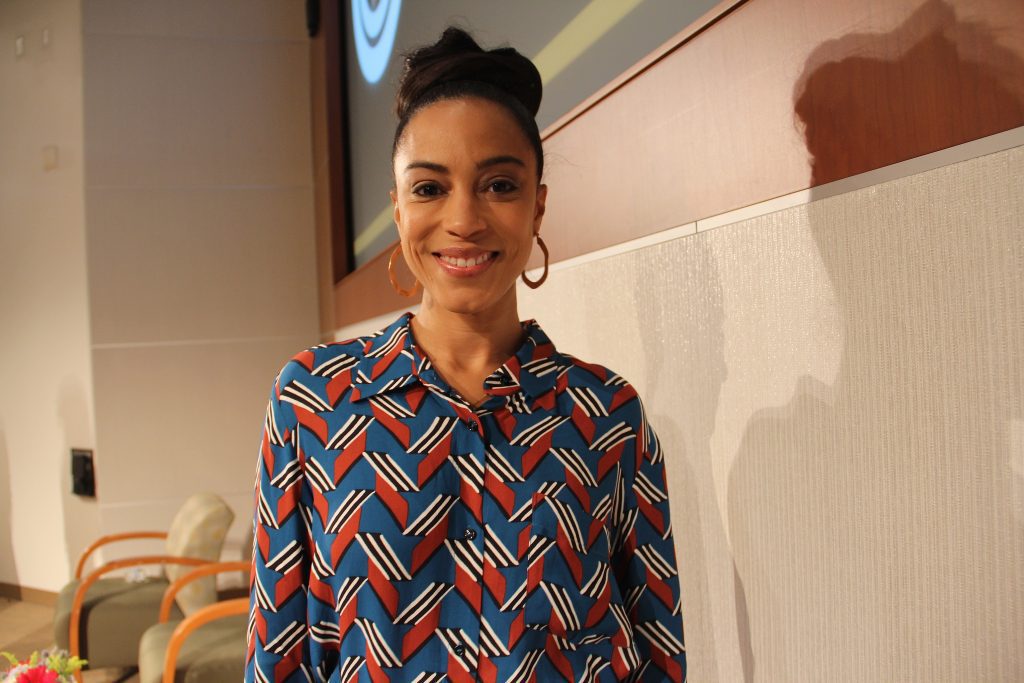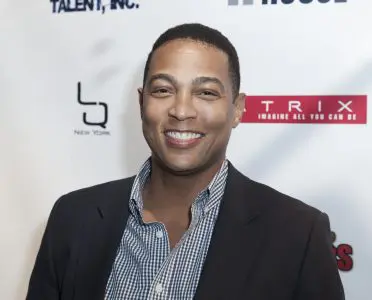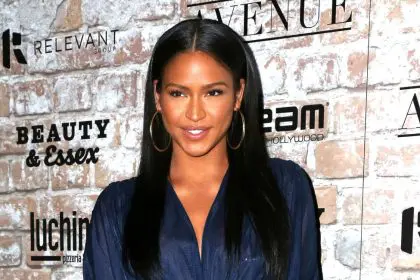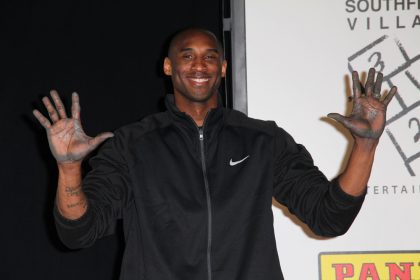 From the time he was in pre-school, Van Jones has been enamored with politics. His love of the inner-workings of Washington is practically a hereditary trait passed down from his father who, quite ironically, was a devoted watcher of the original incarnation of CNN’s iconic “Crossfire” throughout the 1990s. And, today, politics courses through Jones’ veins like so many red blood cells. He is, after all, the former green jobs advisor for the Obama administration. Politics is in his DNA.
From the time he was in pre-school, Van Jones has been enamored with politics. His love of the inner-workings of Washington is practically a hereditary trait passed down from his father who, quite ironically, was a devoted watcher of the original incarnation of CNN’s iconic “Crossfire” throughout the 1990s. And, today, politics courses through Jones’ veins like so many red blood cells. He is, after all, the former green jobs advisor for the Obama administration. Politics is in his DNA.
So when the opportunity of a lifetime unveiled itself through the resuscitation of the legendary political debate program “Crossfire,” the Yale University-educated businessman and bestselling author reflexively jumped at the chance.
The timing is right, Jones surmises, for the spirited and passionate volleying of ideas and positions of the day.
“People are trying to make their minds up about really tough issues and really important issues and they want to hear a good, smart and passionate debate,” Jones says. “That is something which is missing since “Crossfire” went off the air.
Like his father, Jones was a huge fan of the original show that initially starred arch-conservative Pat Buchanan and leftist Tom Braden, and the lasting imprint it left on the American political psychic. It helped inform Jones on how to approach political debates that can be effective and produce answers and a better understanding of the issues we all grapple with.
“My dad was a religious watcher of “Crossfire” in it’s original incarnation. He was African American, he was southern, and he was fomer cop in the military. So he didn’t agree with the liberals or conservatives half the time,” Jones chuckles as he recalls his childhood fondly. “And I learned from him, watching the show with him, how to look at Washington, D.C. politics from the point of view of the heartland and ordinary people. And I hope to bring his perspective and healthy skepticism to the show. There’s a reason in it’s prime that it was an iconic and defining show and that’s because people love to hear a good debate.”
Jones and his fellow debaters — Jones is a lawyer as well as an environmental and civil rights attorney; Newt Gingrich is a former Republican Speaker of the House and presidential candidate; S.E. Cupp is a conservative columnist; and Stephanie Cutter is the deputy manager for the Obama reelection campaign — belive that “Crossfire” will counter the modern political discourse in the country which has deteriorated in recent years to mean-spirited and rather vituperative denunciations of people with different perspectives, preventing both sides from procuring a better understanding and appreciation of the issues of the day.
“I think it has gotten worse,” Jones says, assessing the temperature of philosophical interactions which he says is “unhealthy.” The show “Crossfire,” conversely, features four people who hold each other in esteem.
“And I think it’s going to be interesting. All four of us really like and respect each other and have a sense of appreciation for what the other is bringing to the table. To the extent that politics has become a blood sport, there’s something called sportsmanlike behavior,” Jones continues. “In politics, it’s been reduced to a sport but it’s not even sportsman like. They are just mean and rude. You have to see people who disagree passionately but want others to be heard and express themselves — and challenge them.”
Jones, the author of the New York Times bestsellers The Green Collar Economy and Rebuild the Dream and the founder of four thriving, not-for-profit organizations, relishes the opportunity to operate in a forum he became fascinated with ever since he watched pioneering black presidential candidate Shirley Chisholm deliver a riveting speech at the Democratic National Convention in 1972 when he was just three years old.
“This is a opportunity of a lifetime to be a part of all the biggest debates in the country. We will have guests and will ask the guests tough questions,” he says. “All I know that is everything is about timing with debate shows. It’s going to be entertaining. It’s going to be fun. But it’s not going to be cheap and caustic. We will debate and get to the heart of the matter.”
And that is what should matter most to the American heartland, debating in a way that enlightens and educates rather than tearing down your fellow man and woman.

